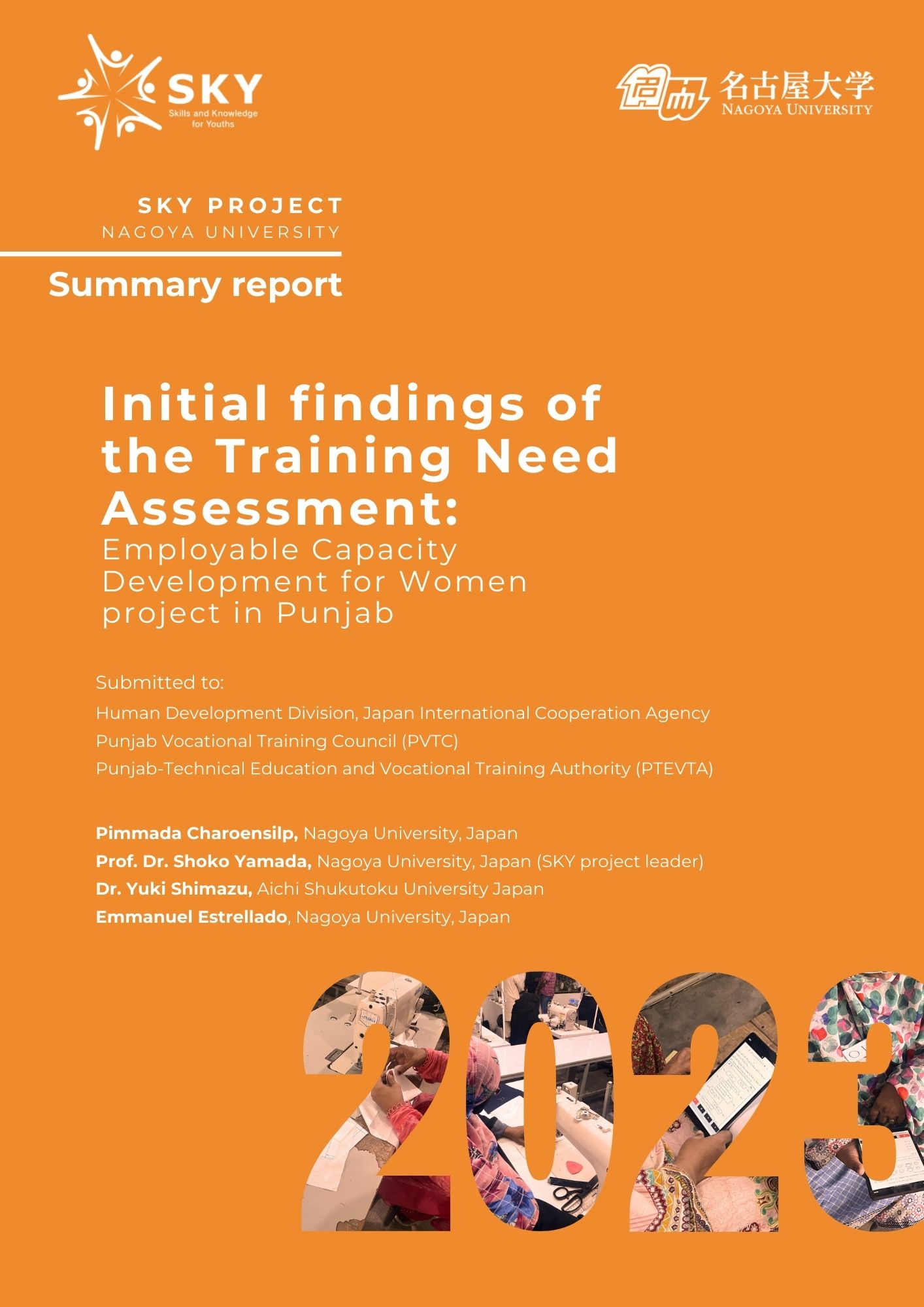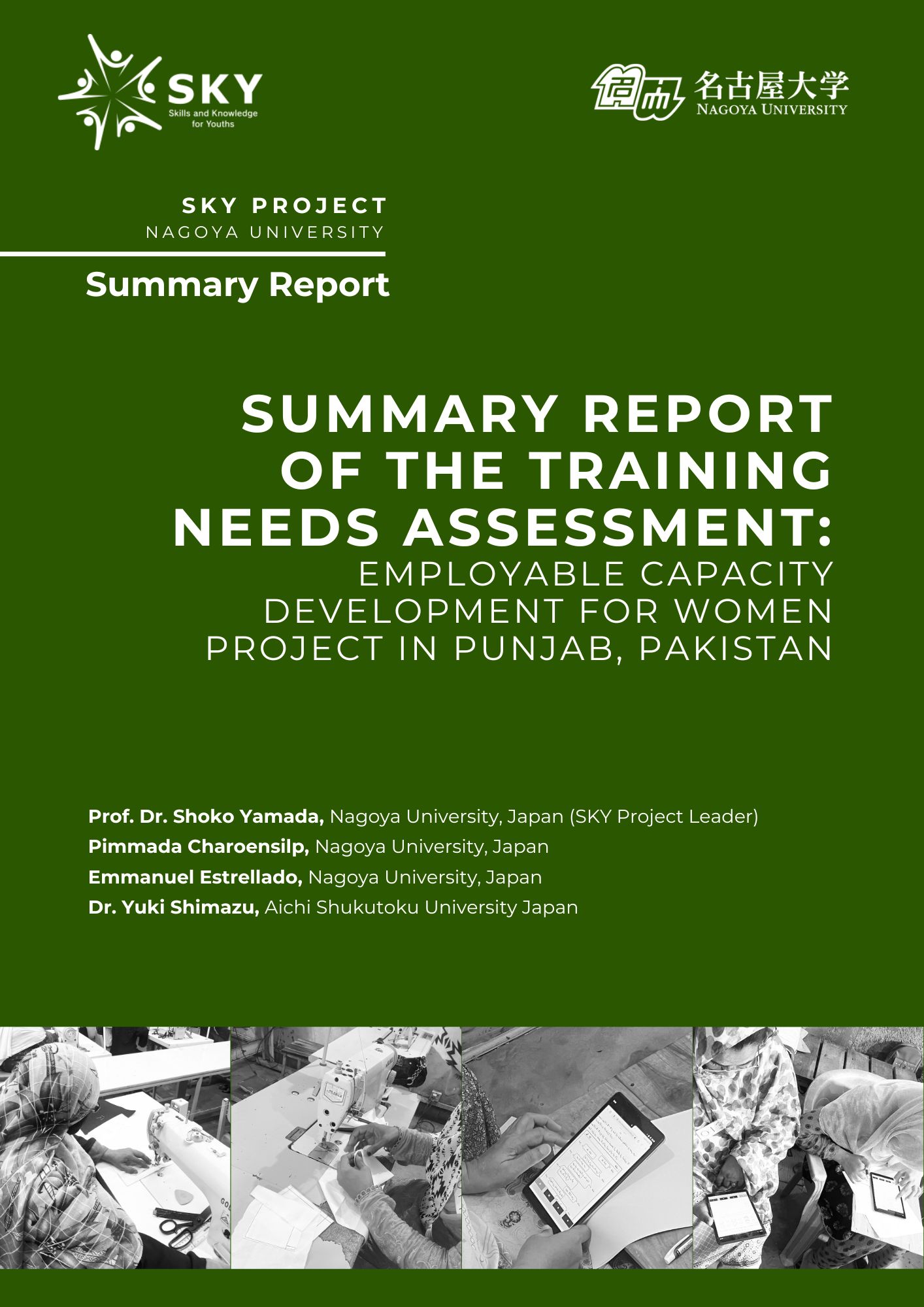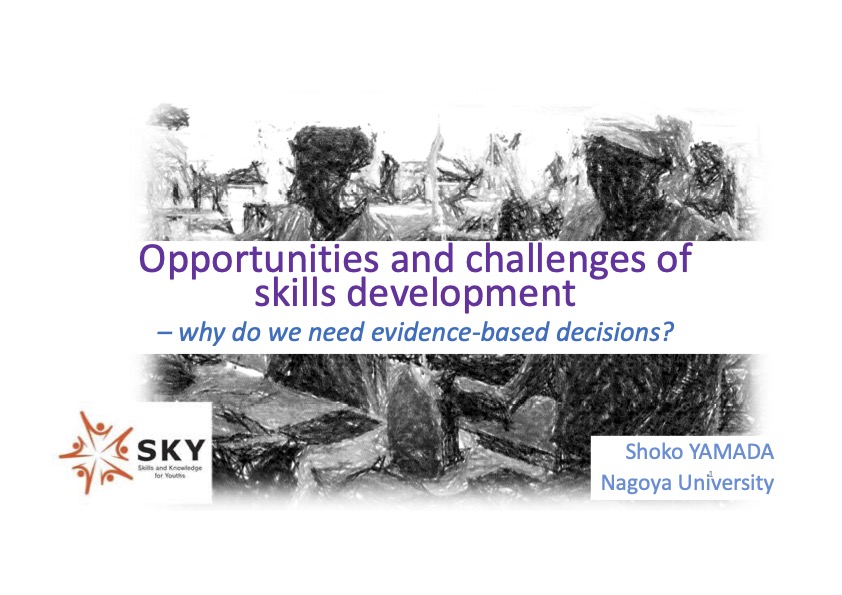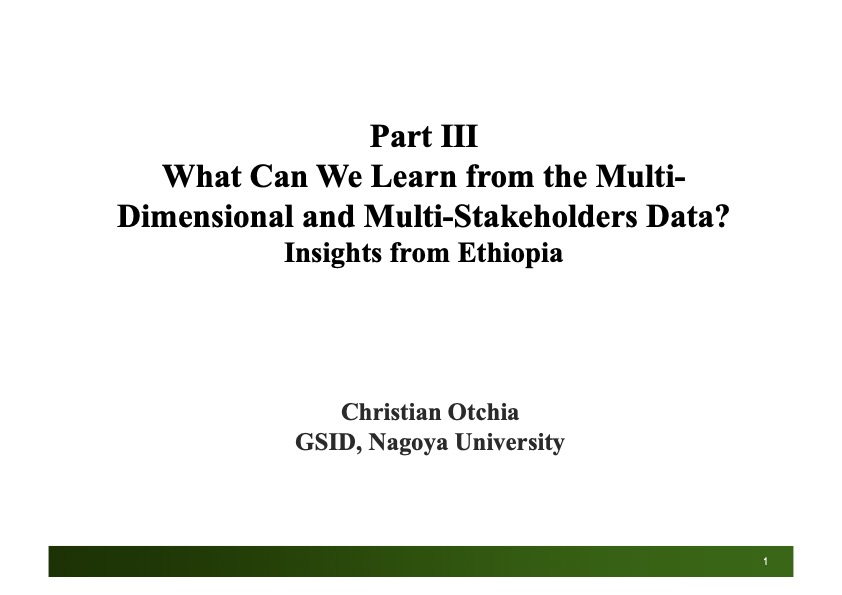ArticleEnglish
Initial findings of the Training Need Assessment: Employable Capacity Development for Women project in Punjab
This article presents initial findings from the Training Need Assessment: Employable Capacity Development for Women project in Punjab. It outlines the overall results concerning cognitive skills and personality traits among participants, identifies gaps in the perceived importance of these skills, and examines stakeholders' perceptions of women's employment.











